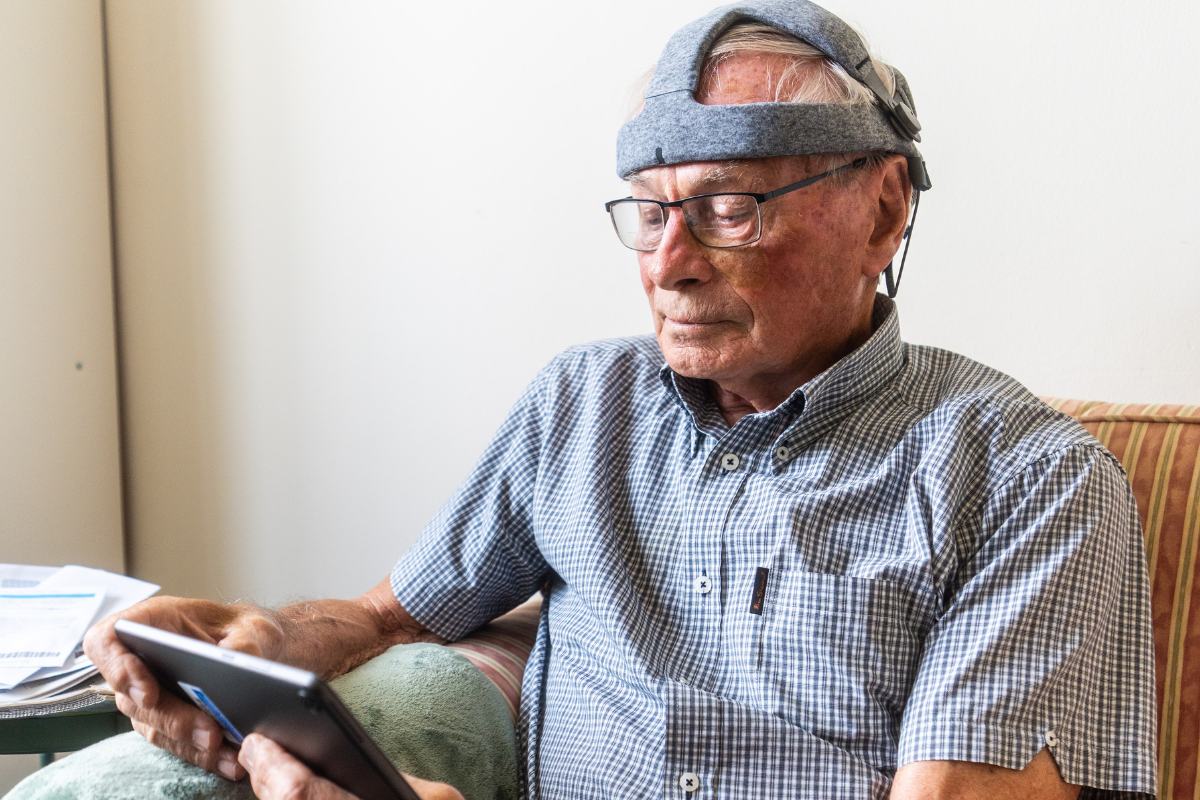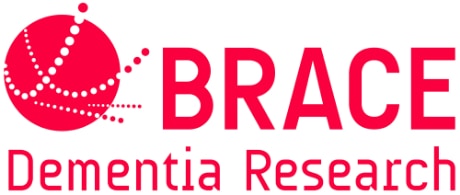An early diagnosis - why is it important?
An early dementia diagnosis is important to both the person living with dementia, and their loved ones; and is crucially important to researchers looking for a cure.
Access to treatment and support
Early diagnosis allows people living with dementia to access treatments that may help manage symptoms, slow progression, and improve their quality of life much sooner.
With the development of the breakthrough Alzheimer’s drugs, donanemab and lecanemab, an early diagnosis is more important than ever before. The drugs are clinically proven to be the most effective in the early stages of Alzheimer’s. Despite this, in England, it is estimated that as many as 1 in 3 people do not currently have a dementia diagnosis, delaying treatments, support and research opportunities to tackle the condition.
Delays in diagnosis can cause great stress to those living with dementia and their loved ones. Once a diagnosis is given everyone can move forward and start making decisions about the immediate and long term future. The person living with dementia can put plans in place to maintain their independence for as long as possible.
A diagnosis can feel lonely but there are many services that can support people living with dementia, such as memory cafes, dementia friendly social groups and counselling services. An earlier diagnosis offers support for longer.
Planning for the Future
An earlier diagnosis gives people living with dementia, and their families, more time to plan for the future, including financial, and care planning decisions. For instance, putting a health and financial Lasting Power of Attorney in place. This allows the person living with dementia to decide what their future health plans should look like, who should have access to their finances. They can then allocate trusted loved ones to manage these requests when they no longer have capacity.
Early dementia diagnosis and BRACE research

The most common type of dementia, Alzheimer’s disease, which accounts for up to 2 out of 3 cases of dementia, starts 10-20 years before noticeable symptoms.
Up until now, a dementia diagnosis has come too late for researchers to stop the damage. Once symptoms are noticeable significant, and irreversible damage has already taken place in the brain of someone living with Alzheimer’s.
For several years, BRACE has been funding the groundbreaking work of Dr George Stothart. He has developed an early Alzheimer’s test called Fastball, which his research has shown can detect the disease up to five years before noticeable symptoms.
His latest research also shows that it can accurately detect Mild Cognitive Impairment, a condition which can lead to Alzheimer’s, from a home setting.
If researchers can study dementia at the earliest possible stage of the condition and accurately diagnose which type it is, then it paves the way for the development of new treatments. One day this could mean a cure.
